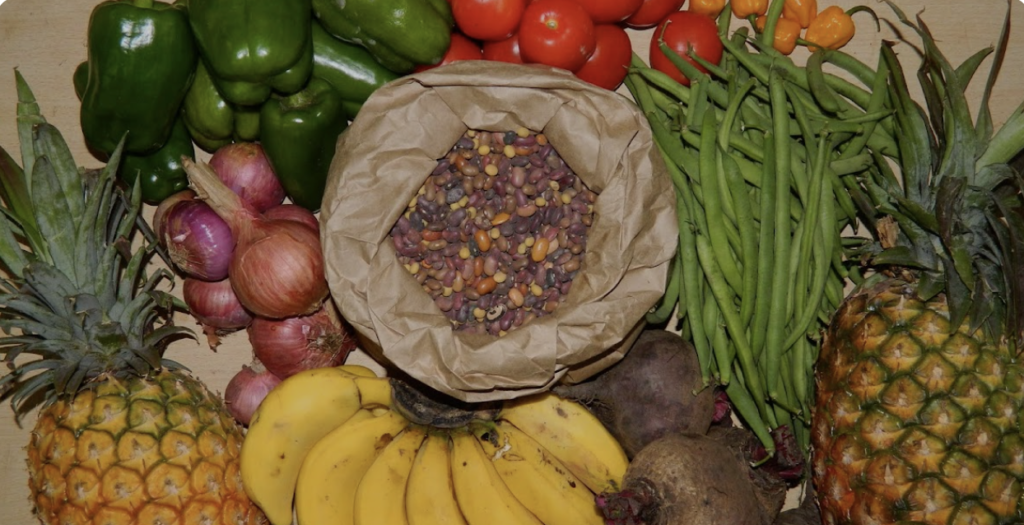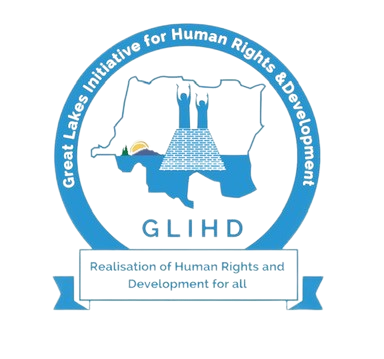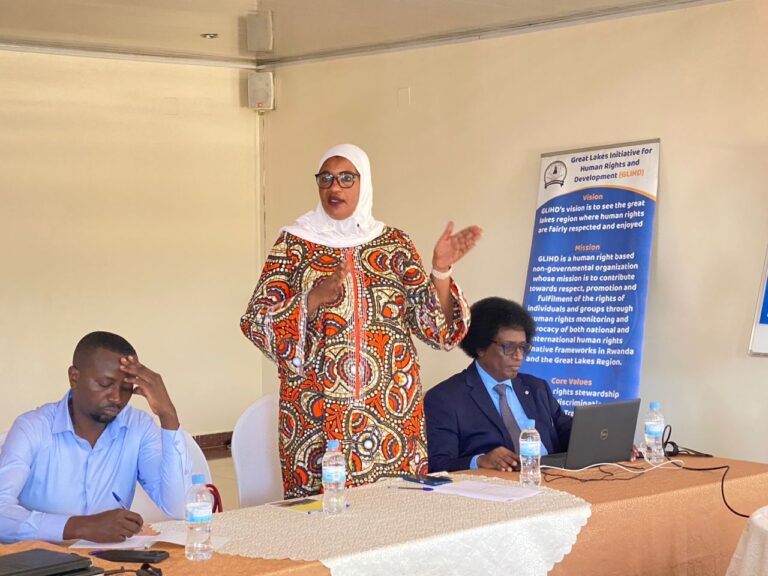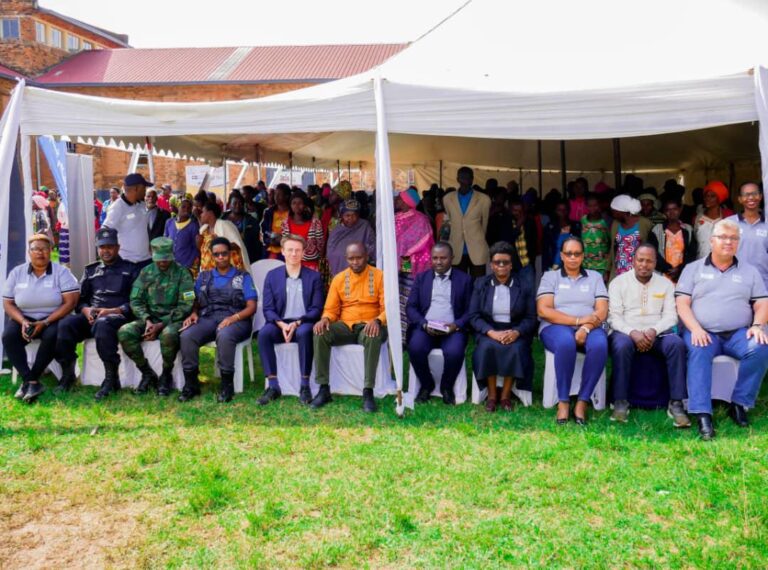Food insecurity:
Assessing legal, policy frameworks in addressing present challenges.
In recent years, food insecurity has become a significant concern not only in Rwanda but the world over.

Food security is when all people, all the time have access to physical, social, and economic access to sufficient, safe and nutritious food to meet their daily dietary needs and food preferences for an active and healthy life.
Unfortunately, this hasn’t been the case and some of the underlying causes for this is poverty, war, food shortages, unemployment among others.
What the law says
According to the Constitution of The Republic of Rwanda, Article 41: All citizens have the right and duties relating to health. The State has the duty of mobilizing the population for activities aimed at promoting good health and to assist in the implementation of these activities.
Recognizing that food security is not only a fundamental human right but also a critical global concern, encompassing the availability, accessibility, utilization, and stability of food supplies, The Great Lakes Initiative for Human Rights and Development (GLIHD) commissioned a baseline study aimed to assess the legal and policy frameworks in place at national, regional, and international levels to address food security challenges.
In this regard, GLIHD conducted a dissemination/presentation workshop on 3rd November 2023, where it shared the preliminary findings of the baseline survey with a wide range of relevant stakeholders.
The purpose of the study was to; comprehensively review and analyse the existing legal and policy frameworks related to food security at the national, regional, and international levels. To identify gaps, challenges, and unexploited opportunities within the regulation. To assess the effectiveness and enforcement mechanisms of existing regulations in ensuring food security. And to provide recommendations for strengthening, improving, and harmonizing legal and policy frameworks to enhance food security.
Gaps in present policies
According to the National Institute of Statistics of Rwanda report (2022), prices for most key staple foods such as maize grain, Irish potatoes, beans, and maize flour were between 46% and 86% higher than five-year averages.
Yet again, 20% of Rwandan households are food insecure.
In a bid to deal with these challenges, policies were set in place, nonetheless, these have gaps that are limiting their effectiveness.
For instance, the National Agriculture Policy, 2018 doesn’t cover global trends like it is in the Kenyan National Agriculture Policy (Article 1.2.1 Page 4), according to the baseline study.
There is also The National Strategy for Transformation (NST 1) 2017-2024: Priority Area 6: ‘Modernize and increase productivity of Agriculture and livestock’ is ending soon (in 2024).
Whereas The National Food and Nutrition Policy (NFNP), 2014, has no clarity on key aspects such as Food Fortification like it is in other countries in the region like Kenya.
There is a Ministerial order No. 001/11.30 of 10/02/2016 regulating the collection, transportation and selling of milk. But this too doesn’t cater for key aspects such as animal feeds.
There are mandatory food fortification regulations (Regulations No. CBD/TRG/003 Rev. No. 1 governing mandatory food fortification)- these have no food fortification policy to act as a reference and have no enforcement of these regulations.
There is EAC Vision 2050 for increased investment and enhanced agricultural productivity for food security and a transformation of the rural economy, which has no clear way of tracking national progress towards achieving EAC Vision 2050 or a clear reporting system.
Rwanda is party to the Comprehensive African Agriculture Development Programme (CAADP) as reinforced in the 2014 Malabo Declaration which aims to improve nutrition and food security, enhance private sector involvement, and strengthen public-private partnerships that include smallholder farmers.
Rwanda is also to be party to the proposed model law on food and nutrition in Africa by the Pan-African Parliament, The Rome Declaration on World Food Security, adopted in 1996-is the fundamental world document in the field of food security, United Nations’ SDGs 2030 Agenda of Jan. 2016 with Rwanda having only a Voluntary National Review Report (2023) on only SDGs 6 &7.
Gaps: There are gaps in progress tracking channels, mainly the informal food system, the role of consumer demand and behaviour, role of science and technology etc is under-represented in policies in Rwanda verses these international legal frameworks.
Regulations, laws, policies, strategic plans, orders etc in place, but are not well enforced/or implemented.
International covenants and declarations signed by Rwanda Government on food security are not well portrayed in national legal and policy frameworks. Also, there is no clear way of tracking country progress in different international declarations and covenants.
Most of the existing food security-related legal and policy frameworks in the country do not refer or draw their powers from any article of the Constitution.
The Voluntary Reporting Mechanism (VRM) on SDGs is in place but insufficient as the most current report summitted covered only 2 SDGs 6 (Clean water) & 7 (Clean energy)
Recommendations
Recommendations as per the baseline survey include: To review all the existing legal and policy frameworks to match the international covenants and declarations.
Food as a human right should be clearly highlighted in the Constitution of the Republic of Rwanda as a Government commitment towards zero hunger in the country.
Sensitization of masses/citizens about their right to food
The government should increase the budgetary allocations provided for agriculture to enhance food production.
The Government should put in place affordable and accessible credit facilities for farmers to stimulate agricultural production.
The Government should invest in climate smart agriculture.
Government should provide tax exemptions on the importation of machinery and premixes to food fortification industries.
Government and other stakeholders to fund training and study tours for staff to fully enforce monitoring of compliance to food fortification regulations.


